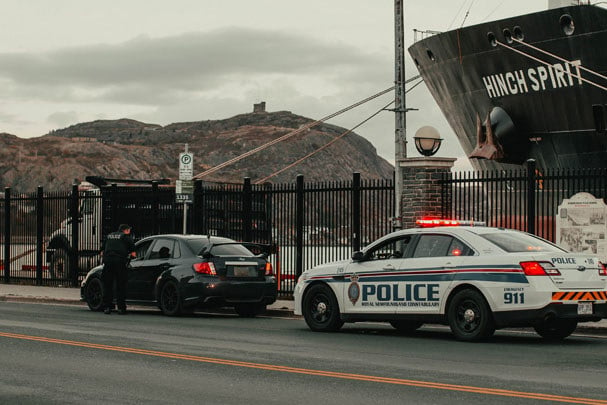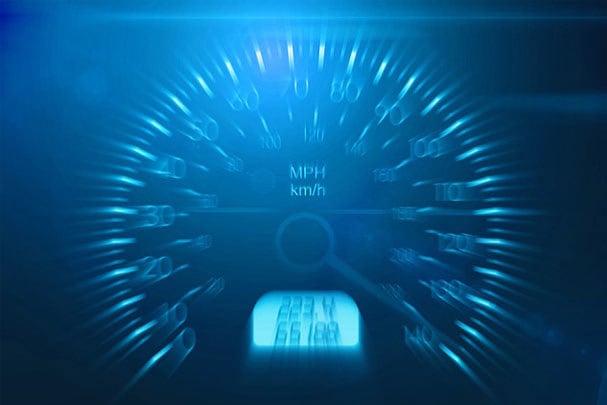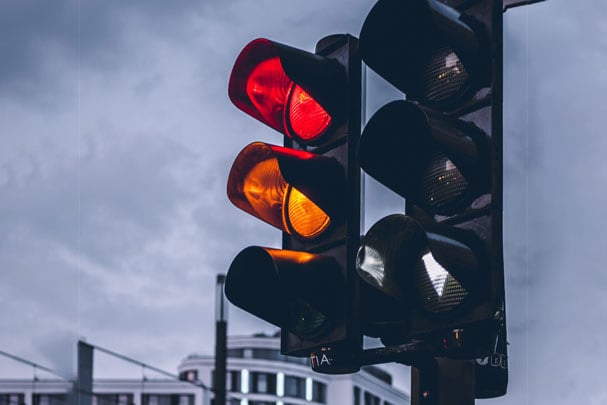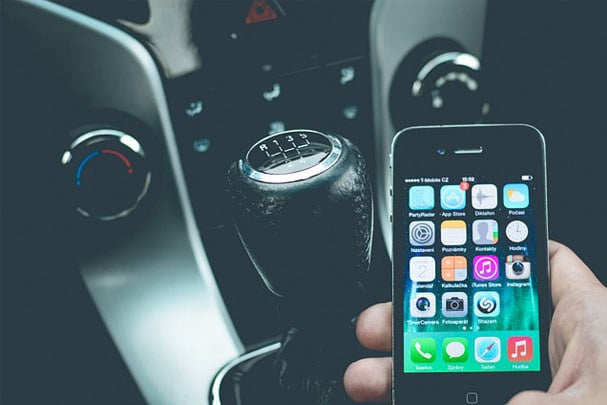
Nationwide Vehicle Contracts breaks down the road law in the UK relating to speeding fines and tickets.
Road law in the UK can be tricky to understand at the best of times. You could receive a range of penalties if you're caught breaking the law, so you need to ensure that you know the punishment and understand what you need to do.
If you fail to respond to your penalty, you could find yourself in further trouble, such as appearing in court and having your licence removed.
To help prevent this, car leasing experts Nationwide Vehicle Contracts breaks down the range of tickets and fines you could receive and what you'll need to do to prevent it from escalating.
The penalties
Speeding ticket – Minimum penalty is £100 and three penalty points. The maximum fine is £1,000 or £2,500 for motorway speeding.
Running a red light – Usual penalty is £100 fine and three points, which can vary.
Using a mobile phone when driving - £200 fine and six points. Can also lose your licence if you passed your driving test within the last two years.
Speeding tickets

There are two types of speeding tickets you can receive, whether a police officer or a camera catches you.
If a camera catches you, you'll receive a Notice of Intended Prosecution (NIP) and a section 172 notice. You'll need to return the section 172 notice within 28 days, telling the police who was driving the car. After this, you'll either be sent a Fixed Penalty Notice (FPN) or a court summons.
If the police stop you, they'll either give you a verbal warning, a Fixed Penalty Notice (FPN), or a court summons.
If you plead guilty to a Fixed Penalty Notice, you'll have to pay a minimum £100 fine and receive three points on your driver's licence. However, you could be offered the option of attending a speed awareness course, which costs £90 but doesn't add any points to your licence.
The cost of the fine is worked out using a band system. Depending on the speed limit of the area you're caught in and how fast over the limit you were driving, your fine will be adjusted accordingly. Basically, the more you exceed the speed limit, the greater the fine.
Running a red light

It's an offence for any part of your vehicle to pass the white 'stop' line after a traffic light has turned red, and nowadays, the lights are equipped with cameras to catch motorists out.
If you've been caught running a red light, you'll be issued a Notice of Intended Prosecution (NIP), which will ask for the driver's details. If you plead guilty, you'll be issued with a Fixed Penalty Notice (FPN), which is usually a £100 fine and three points on your licence.
Caught using a mobile phone

One of the most common driving offences is being caught using your mobile phone when driving. The law also doesn't just include phones; it extends to sat-navs, tablets, or any device that can send or receive data and isn't hands-free.
The penalty you'll receive is a £200 fine and six points added to your licence. You could also lose your licence if you've passed your driving test in the last two years!
Defences
Speeding tickets – If you plead not guilty, you must go to court. The fine is unlikely to be overturned unless you can prove one of the following:
- That you weren't speeding
- That you weren't driving
- There was no notice of the speed limit
- The vehicle wasn't yours
- Your car was stolen
Be wary that if your ticket isn't overturned in court, it could lead to a greater fine and more penalty points.
Running a red light – It's very hard to overturn running a red light, as there will be photographic evidence of you breaking the law. However, if you plead not guilty, you'll need to prove the following:
- There was a defect with the traffic light or signage
- You did not go through the red light
Caught using a mobile phone – If you plead not guilty, you'll need to appear in court and prove that you weren't using your phone while driving. However, this is tricky as you'll have to prove it beyond any doubt, but you could do the following:
- Obtain telephone and text records to prove you weren’t on the phone/sending any messages.
Did our blog help? Nationwide Vehicle Contracts produce a range of blogs on various topics such as How To Deal With The Pressures Of City Driving and Driving Through Flood Water.
We also have a dedicated UK Road Law motoring guide, providing comprehensive advice on topics such as Parking and Motorway Laws.
Originally posted: 2nd March 2023

